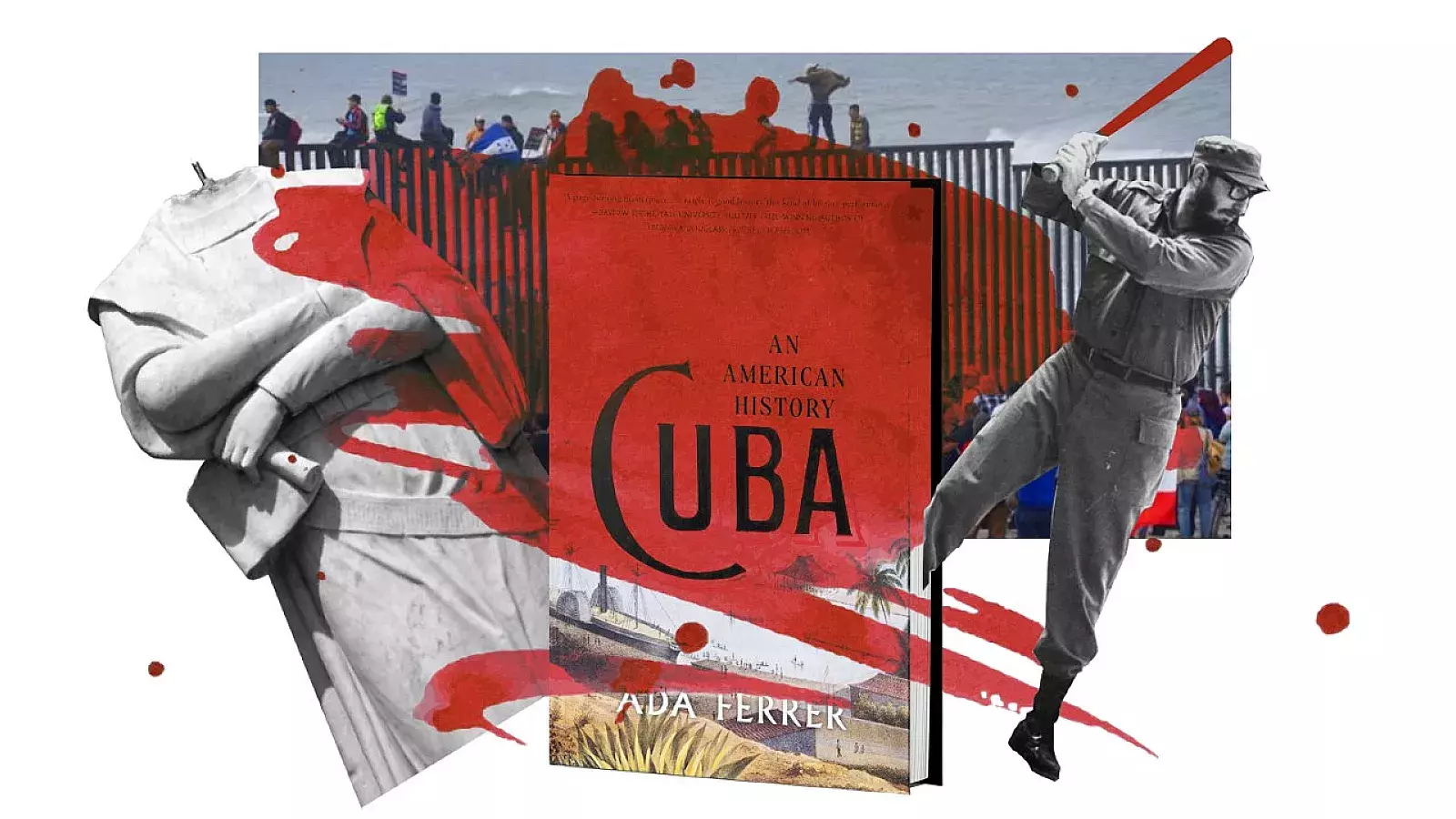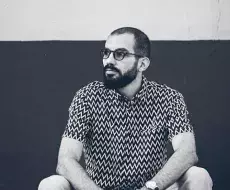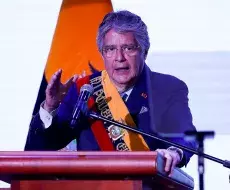'Cuba: An American History': las trampas de la historia
Pronto te das cuenta de que la profesora Ferrer le ha dado a su protagonista toda la latitud necesaria para moverse sin restricciones. Así es como a los demócratas y sus escritores les gusta imaginarse a Fidel

Actualizado: November 18, 2022 6:41pm
One lasting outcome from the horrible, wonderful years of 2021 and 2022 is that the Iberian nations of the Western Hemisphere will no longer be mysteries to the people of the United States. The crisis at the U.S. southern border unleashed by the Biden administration is far too deep to allow a return to the days of ignorance. At last, a voyage of discovery is beginning.
In the last 60-plus years American society has undergone a transformation, the effects of which are just becoming visible. A vital source of those transformations is a series of changes in the Spanish-language nations of this hemisphere. But so far those developments are not really understood by America’s pundits who are faking it rather than making it.
In 1959 Fidel Castro took power in Cuba, quickly established a personal dictatorship, and went on for 47 years of one-man rule to gain powerful support throughout the Americas—not least in the United States.
In recent decades, and springing directly from Castro’s influence, a new international order has emerged in which radical activists manipulate international institutions in order to dominate the lives of sovereign nations. A handful of years ago, a band of political adventurers disguised as an “international impunity commission” came within a hair’s breadth of seizing total political power in Guatemala, a country not their own.
The attempted Guatemalan coup was spearheaded by the Obama administration and the State Department. Its “point man” was Vice President Joe Biden. Today, as president, Biden is overseeing a radical effort to remake the U.S. populace by bringing persons across the southern border at the rate of two million per year.
The tools used in these efforts by Biden and the Democrats all come from international communism. This heritage is not identified because Democrats want to keep it quiet, and because their media—in line with political correctness—won’t mention it. According to p.c. doctrine, communism no longer exists, and if you use the epithet ‘communist’ you must be one of those extremists whom Biden’s officials have termed a ‘white supremacist’ or a terrorist.
While anti-communist Americans remain anathema to Democrats, Fidel Castro and the Cuban revolution even today have a strong iconic appeal to them. So enters Cuba: An American History by NYU professor Ada Ferrer, published in late 2021 to great acclaim in the resolutely Democratic precincts of New York. The book received a Pulitzer Prize in 2022.
The first thing to strike the eye in Professor Ferrer’s book is her generous acknowledgement of her fellow historian, Howard Zinn. In a prologue, Ferrer says that she has “tried to heed the late Howard Zinn’s admonition not to let history become the memory of states.” In her last chapter, the author goes back to her intellectual mentor and notes that “it might be worth recalling Howard Zinn’s warning about history.”
As a historian, Zinn was far from the first to make the point about states and societies. French historians in the first half of the 20th century, grouped around the journal Annales d’histoire économique et sociale, had done so long before Zinn ever dreamed of writing history. But Ferrer, like Zinn, has a more sweeping aim than that of the Annales historians. In her work, the Cuban state under Castro is hardly more than scenery. For example, Ferrer’s history does not contain the word or even the concept ‘counterintelligence.’ Without counterintelligence, the Castro state would have been a body without arms or legs, eyes or ears.
Ferrer depicts Castro’s Cuba as a trinity composed of the leader, the people, and the revolution above all. Revolution is held out as the highest social good, and Castro is its main defender. It all sounds rather appealing until you start to miss elements like freedom, suffrage, rule of law, property rights, human rights, and others.
Soon enough, you realize how Professor Ferrer has given her main character all the room he needs to work without constraints. That is just how Democrats and their writers are fond of imagining Fidel.
And where else—in what other panorama of history—is it permissible to ignore the state? Why, in the mind of the communist utopian, where the state itself has no place.
So it is that Professor Ferrer’s work turns out to be a mentality study. At least, that’s how a historian of the Annales school would see it. The book tells you much about Professor Ferrer, and even a few things about Professor Zinn, but not so much about Cuba.
In 2022, Cuba needs more. It needs the real thing. And so will we.






